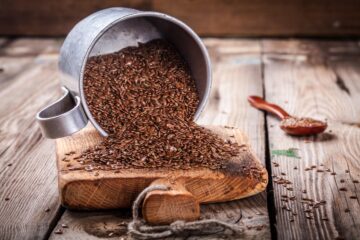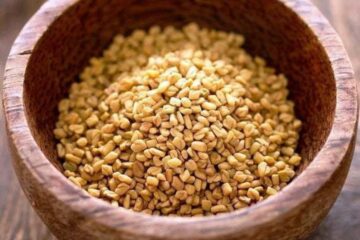Foods to Avoid or Limit in Type 2 Diabetes:
Sugary beverages
Sugary drinks, such as soda, fruit juices, and sweetened teas, are high in simple sugars that can cause rapid increases in blood sugar levels. They also contribute to weight gain and increase the risk of heart disease. Opt for water, unsweetened tea, or coffee without added sugar, as well as flavored waters with no added sugars (source: American Diabetes Association).
Refined carbohydrates
Refined carbohydrates, such as white bread, white rice, and pastries, have a high glycemic index, which can cause blood sugar spikes. They are also low in fiber and essential nutrients. Choose whole grains and high-fiber foods, like whole wheat bread, brown rice, and quinoa, which have a lower glycemic index and provide longer-lasting energy, as well as important nutrients (source: Mayo Clinic).
Trans fats
Trans fats, found in some margarines, packaged snacks, and baked goods, can negatively impact cholesterol levels, increase the risk of heart disease, and contribute to insulin resistance. Avoid or limit foods containing trans fats and opt for healthier fats, such as olive oil, avocados, and nuts (source: American Heart Association).
Processed meats
Processed meats, like hot dogs, sausages, and deli meats, are often high in sodium and unhealthy fats, which can contribute to heart disease and high blood pressure. They may also contain added sugars and preservatives, which can negatively impact blood sugar levels. Choose lean proteins, such as chicken, fish, or plant-based options like beans and lentils, to support better blood sugar control and overall health (source: Harvard T.H. Chan School of Public Health).
Fried foods
Fried foods, including french fries, fried chicken, and doughnuts, are high in unhealthy fats and calories, which can contribute to weight gain and worsen blood sugar control. The high-temperature cooking process can also produce harmful compounds that increase inflammation and the risk of chronic diseases. Opt for healthier cooking methods, like baking, grilling, or steaming, instead (source: Mayo Clinic).
High-calorie snacks
Snacking on high-calorie, low-nutrient foods like chips, cookies, and candy can lead to weight gain and elevated blood sugar levels. These foods are often high in added sugars, unhealthy fats, and sodium. Choose healthier snacks, such as fresh fruits, vegetables, or a handful of nuts, to help control blood sugar and maintain a healthy weight (source: American Diabetes Association)
Alcohol
Excessive alcohol consumption can cause fluctuations in blood sugar levels and increase the risk of hypoglycemia. It can also lead to weight gain and negatively impact blood pressure and triglyceride levels. Limit alcohol intake or avoid it altogether, and if you choose to drink, do so in moderation and with a meal (source: American Diabetes Association).
High sodium foods
High-sodium foods, such as canned soups, packaged meals, and fast food, can contribute to high blood pressure and increase the risk of heart disease in individuals with type 2 diabetes. Opt for fresh or frozen vegetables without added sodium, and season your meals with herbs and spices instead of salt (source: Mayo Clinic).
Full fat dairy products
Full-fat dairy products, like whole milk, cheese, and ice cream, are high in saturated fats, which can contribute to heart disease and insulin resistance. Choose low-fat or fat-free dairy options, such as skim milk, yogurt, and cottage cheese, to reduce your intake of unhealthy fats while still benefiting from the nutrients found in dairy products (source: American Diabetes Association).
High sugar fruits
While fruits are generally a healthy choice for individuals with type 2 diabetes, some fruits are high in sugar and can cause blood sugar spikes. Limit high-sugar fruits like bananas, grapes, and pineapples, and opt for lower-sugar options, such as berries, cherries, and apples (source: American Diabetes Association).
Avoiding or limiting certain foods, such as sugary beverages, refined carbohydrates, trans fats, processed meats, fried foods, high-calorie snacks, alcohol, high-sodium foods, full-fat dairy products, and high-sugar fruits, can help individuals with type 2 diabetes better control their blood sugar levels. A balanced diet that emphasizes whole grains, lean proteins, healthy fats, and plenty of fruits and vegetables is essential for effective diabetes management and overall health.




